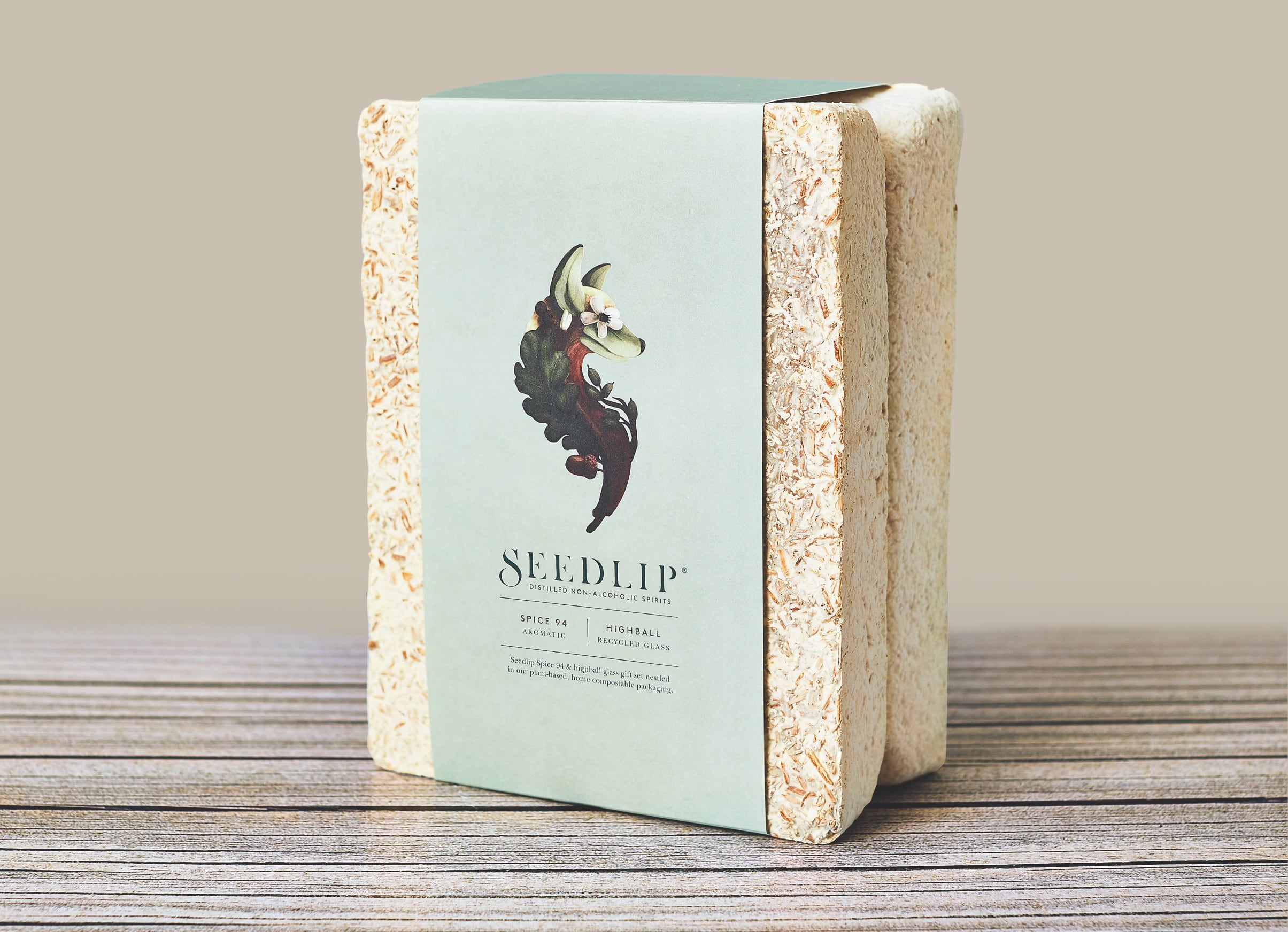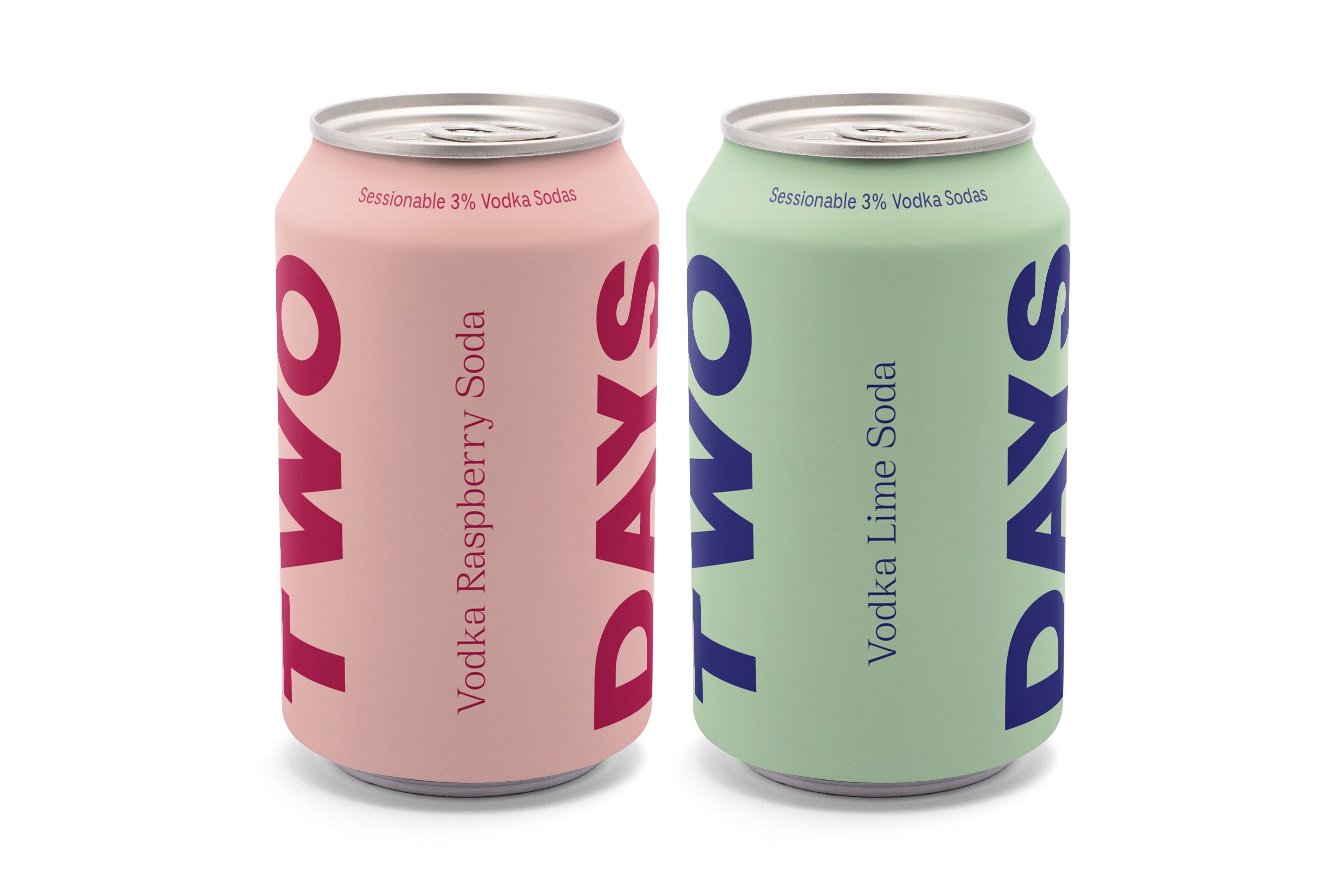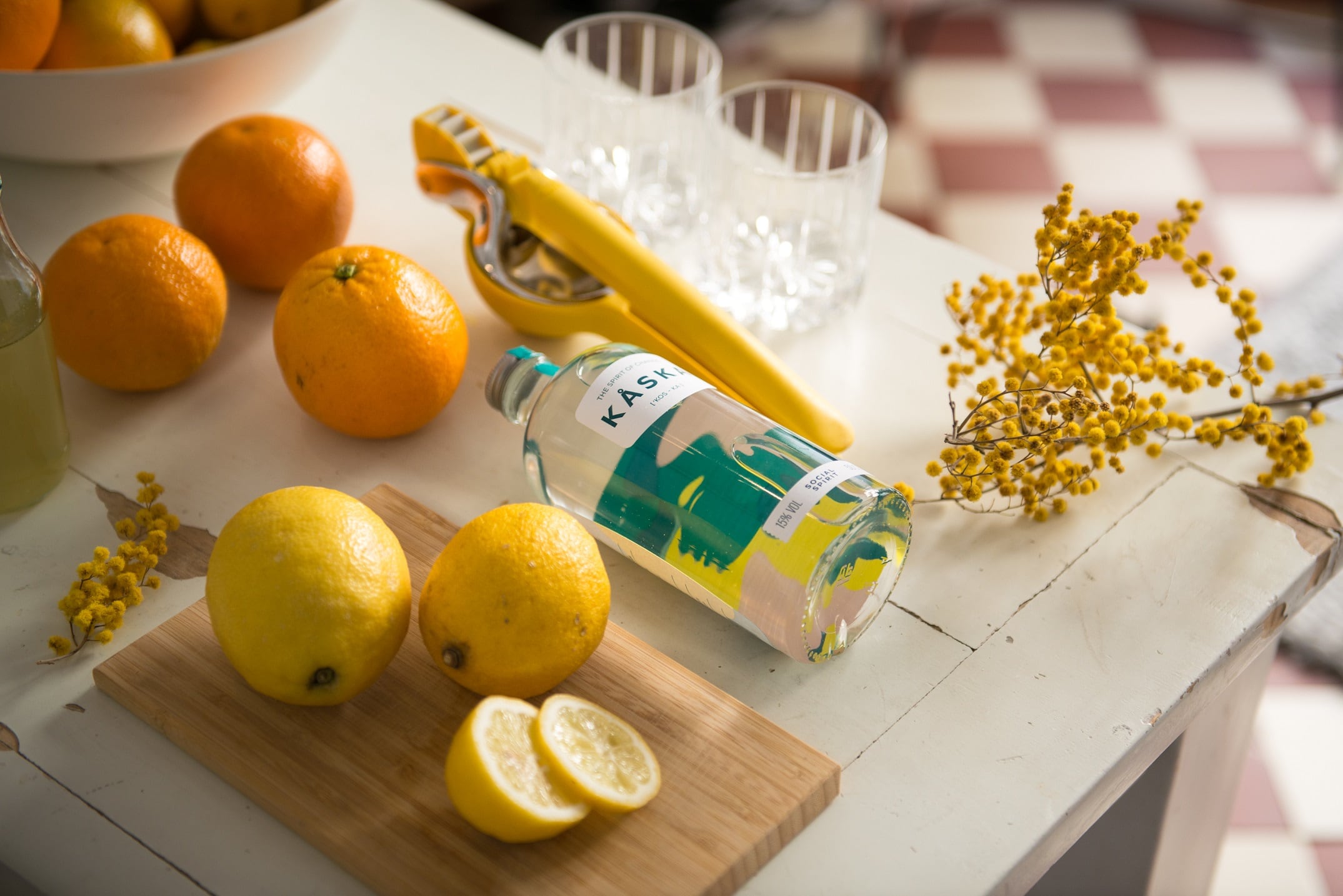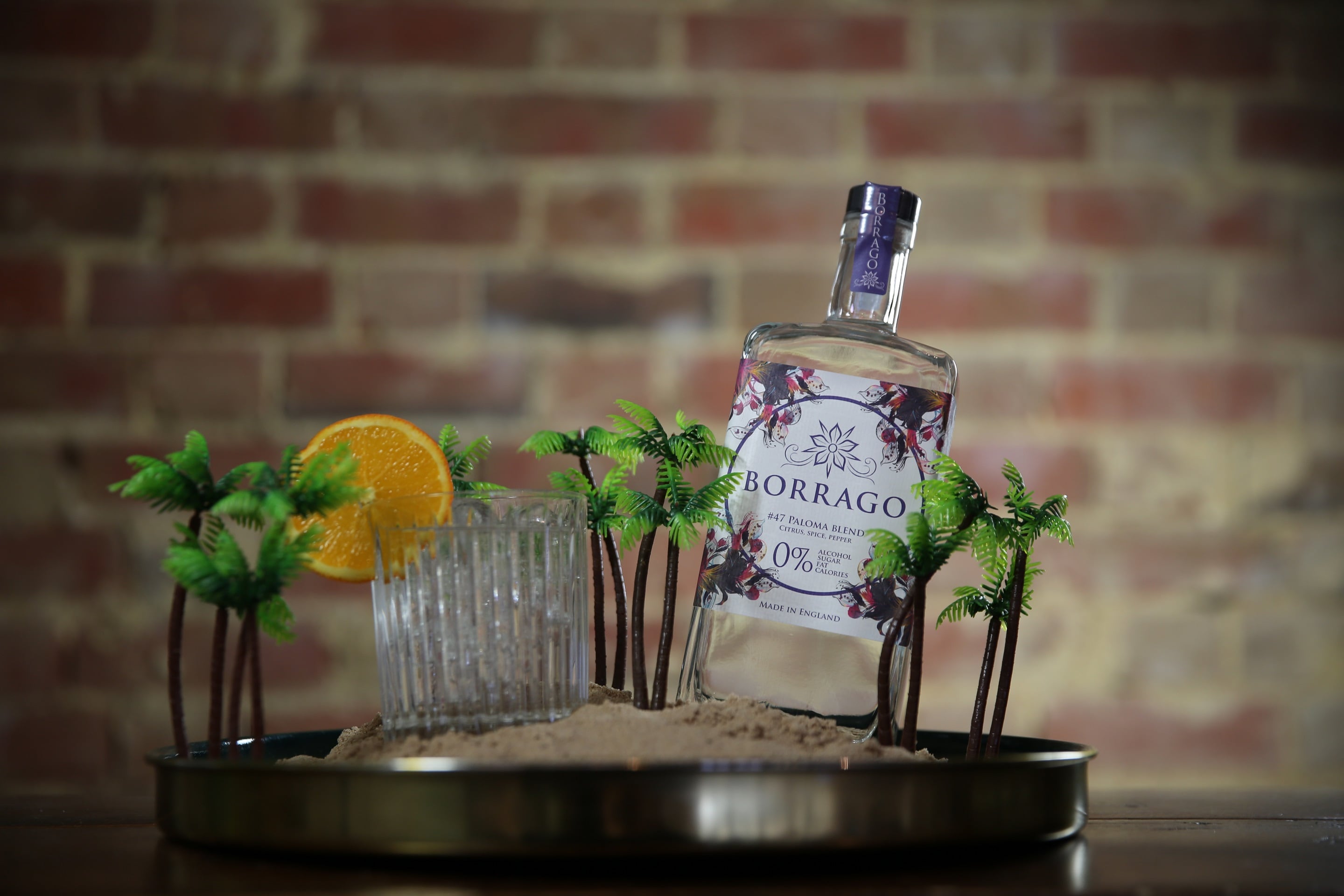Seedlip - one of the pioneers in the UK non-alcoholic spirits category which is now growing in the US - is launching the packaging on a gift set in the US on November 1. It is made from bio-mass and mycelium, the root structure of mushrooms, and is biodegradable and home-compostable (breaking down in soil after 45 days).
Speedy production process
Seedlip is working with The Magical Mushroom Company, a UK mycelium packaging company based in Surrey, on the packaging. As with the drink itself, the aim is to create a premium experience for the gift sets – without the waste.
“In terms of look and feel, mycelium packaging is really not comparable to cardboard,” Cat McCaffrey, NPD manager, Seedlip, told BeverageDaily. “It’s actually a really delightful sensory experience. The inside of the box is super smooth and luxe, while the outside is more rustic and tactile.
“In terms of strength and function, the strength comes from the mycelium (roots of mushrooms), which consists of millions of tiny thread-like filaments, called hyphae. Mycelium performs very much like traditional transit material–protecting products against heat, cold and impact. It’s durable and lightweight, and also flame-resistant and hydrophobic!
“Moreover, trees take five to seven years to grow before being used for cardboard manufacturing. Mycelium takes just seven days to grow. The entire production process takes only a matter of weeks.
"The world generates around 2 billion tonnes of solid waste, of which paper and cardboard are responsible for 17% (plastic 12%). Mycelium is 100% home-compostable, contributing no waste whatsoever.”
In terms of price, the mycelium packaging does cost more than conventional cardboard, but this is not prohibitive.
“As with most sustainable solutions, it does cost a bit more, but it’s a price we’ll happily pay to respect the planet," said McCaffrey. "In short, it’s not cheaper than cardboard boxes, but is more cost-effective than heavier materials such as tin, glass, wood.
“Particularly, given the process begins with bio-waste from farms, it’s more closely comparable to traditional cardboard than luxe outer layers.”
'Waste is a flaw in the packaging design and production process'
The industry has come a long way in recent years at looking at more sustainable packaging alternatives, but what makes mycelium packaging more attractive than other options such as recycled paperboard? McCaffrey says mycelium's close ties to nature is one of the attractions.
“As a brand that believes in protecting and celebrating the natural world, Seedlip is always trying to keep tabs on the most sustainable and earth-friendly materials for our innovations,” she said. “Further, we look to Nature as our inspiration for solving some of societies’ issues, in this case packaging solutions. The same process that mycelium performs in its natural environment is replicated in the production of these boxes.
“Our team recognised that waste is a flaw in the packaging design and production process. A lot of materials are required along the way to get liquid to lips. We do our best to make our packaging fully recyclable, but we challenged ourselves to take this a step further. Something we will continue to do.
“Mycelium has been on our radar for some time. It was the ideal material for this problem, as it behaves like transit materials (polystyrene) and when it’s fulfilled its purpose of keeping its contents safe it breaks down in your garden or urban jungle in about 40 days. In doing so, it adds nutrients back to the soil, which makes it bio-contributing.”
The Seedlip gift set
Seedlip’s gift set includes a full-size bottle of Seedlip Spice 94, a glass Highball, and a Thyme seed paper neck tag. The seeded neck tag for Thyme seeds – inspired by one of the key ingredients in Seedlip - utilizing the biodegradable box as a planter (the bottle tag can be planted leaving the paper to biodegrade and the seeds to germinate).
The card wrap – Cairn Natural White – is made from 100% recycled pulp.
Neck seed tags are made from recycled materials and embedded with Thyme seeds. Inks used are water based and dyes are organic.
The Highball glass is made from 100% recycled glass.
Glass printing is done using ultraviolet light to cure specialist organic inks, eliminating the need for harmful solvents and using less power than traditional high temperature processes, according to Seedlip.




